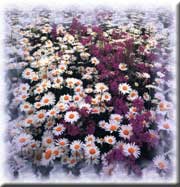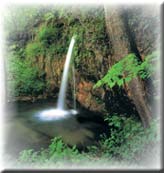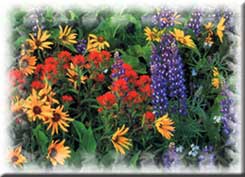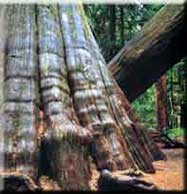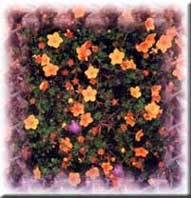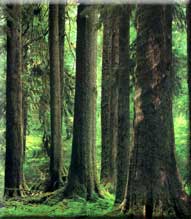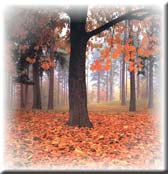Thoughts from Walden Pond
Photographs by Charles Gurche
|
Time is but the stream I go a-fishing in. I drink at it; but while I drink I see the sandy bottom and detect how shallow it is. Its thin current slides away, but eternity remains. I would drink deeper; fish in the sky, whose bottom is pebbly with stars. I cannot count one. I know not the first letter of the alphabet. I have always been regretting that I was not as wise as the day I was born. |
|
|
|
|
|
A lake is the landscape's most beautiful and expressive feature. It is earth's eye; looking into which the beholder measures the depth of his own nature. The fluviatile trees next the shore are the slender eyelashes which fringe it, and the wooded hills and cliffs around are its overhanging brows. The stars are the apexes of what wonderful triangles! What distant and different beings in the various mansions of the universe are contemplating the same one at the same moment! |
|
|
|
|
|
Sometimes, in a summer morning, having taken my accustomed bath, I sat in my sunny doorway from sunrise till noon, rapt in a revery, amidst the pines and hickories and sumachs, in undisturbed solitude and stillness. |
|
|
|
|
|
Every morning was a cheerful invitation to make my life of equal simplicity, and I may say innocence, with Nature herself. |
|
|
|
|
|
One attraction in coming to the woods to live was that I should have leisure and opportunity to see the spring come in.. . . Fogs and rains and warmer suns are gradually melting the snow; the days have grown sensibly longer; and I see how I shall get through the winter without adding to my wood-pile. |
|
|
|
|
|
Sometimes, having had a surfeit of human society and gossip, and worn out all my village friends, I rambled still farther westward than I habitually dwell, into yet more unfrequented parts of the town, "to fresh woods and pastures new," or, while the sun was setting, made my supper of huckleberries and blueberries on Fair Haven Hill, and laid up a store for several days. |
|
|
|
|
|
We can never have enough of Nature. We must be refreshed by the sigh of inexhaustible vigor, vast and Titanic features, the sea-coast with its wrecks, white wilderness with its living and its decaying trees, the thunder cloud, and the rain which lasts three weeks and produces freshets. |
|
|
|
|
|
forest, for my privacy, abandoned to me by men? My nearest neighbor is a mile distant, and no house is visible from any place but the hill-tops within half a mile of my own. I have my horizon bounded by woods all to myself. . . for the most part it is as solitary where I live as on the prairies. It is as much Asia or Africa as New England. I have, as it were, my own sun and moon and stars, and a little world all to myself. |
|
|
|
|
|
Sympathy with the fluttering alder and poplar leaves almost takes away my breath; yet, like the lake, my serenity is rippled but not ruffled. These small waves raised by the evening wind are as remote from storm as the smooth reflecting surface. |
|
|
|
|
|
We need the tonic of wildness - to wade sometimes in marshes where the bittern and the meadow-hen lurk, and hear the booming of the snipe; to smell the whispering sedge where only some wilder and more solitary fowl builds her nest, and the mink crawls with its belly close to the ground. |
|
|
|
|
|
Morning air! If men will not drink of this at the fountain-head of the day, why, then, we must even bottle up some and sell it in the shops, for the benefit of those who have lost their subscription ticket to morning time in this world. |
|
|
|
|
|
I weathered some merry snow storms, and spent some cheerful winter evenings by my fireside, while the snow whirled wildly without, and even the hooting of the owl was hushed. |
|


